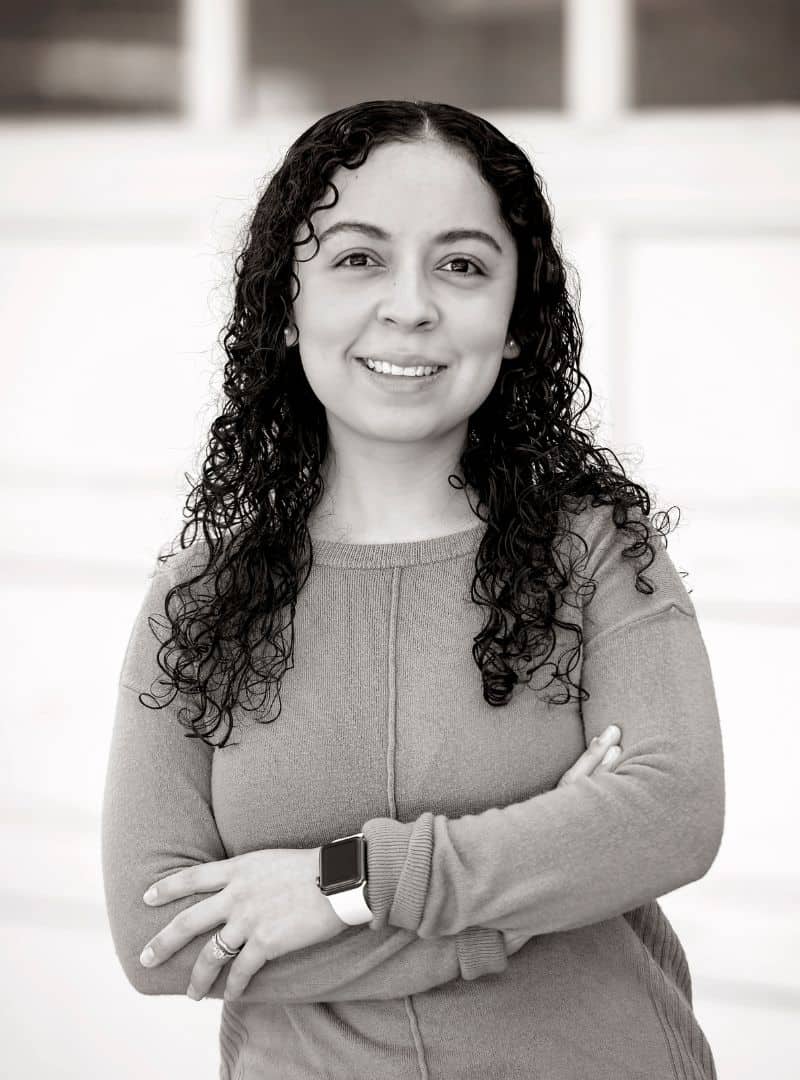“Whoever has the fear of the Lord has a secure fortress, and for their children, it will be a refuge” (Prov. 14:26).
This verse invites us into a profound reflection on the intersection of fear (awe/reverence), security (felt safety), and the legacy of faith (flourishing).
At the heart of this text is recognizing that a reverent fear of the Lord is the foundation of true safety and stability.
And that foundation isn’t just for us, Proverbs tells us. When we fear the Lord, our children will also find refuge in the Lord.
What is the fear of the Lord and why do we need it?
The obstacle we have to overcome when we read this text is that it talks about fear. If we’re honest, we don’t think that often about fear, at least in the biblical sense.
What is fear here? It’s a deep and abiding awe, respect, and trust in God’s presence, power, and provision. When I “fear” the Lord, I have some sense of his greatness and glory and my need before him.
Imagine for a moment the imagery of a fortress or a stronghold. These were places of refuge and protection in times of trouble. In ancient times, a fortress was built to withstand enemy attacks and provide safety for those within its walls.
Similarly, the fear of the Lord becomes our fortress, our stronghold in the midst of life’s storms and challenges. It is a place of safety and security where we find refuge from the trials and tribulations of this world.
When we understand fear this way, it’s not hard to understand why we need it. Fear lead to security. And the promise of security extends beyond our lives to the next generation, our children, and those we influence.
Just as a fortress protects its inhabitants, so does the fear of the Lord become a refuge for our children. It becomes a legacy of faith, passed down from generation to generation, providing a firm foundation upon which they can build their lives.
How do we fear the Lord practically?
The “fear of the Lord” can be a vague topic. But we know one thing for certain: to fear God doesn’t mean we have terror or dread before him. Instead, it’s a reverence and awe that recognizes God’s sovereignty and goodness. It is a recognition of our dependence upon God and a willingness to submit our lives to His will. It is a posture of humility and trust, acknowledging that God alone is our ultimate source of security and strength.
What does this look like practically in terms of relating to our children and leaving a legacy of faith?
In his book Families and Faith Findings: How Religion is Passed Down Across Generations, Vern Bengston researched the connection between parental connection and children embracing faith when they grew up.
There’s one finding that shouldn’t surprise any of us. Bengston writes, “Parental warmth is the key to successful [religious] transmission.”
Parental warmth can only come from a place of security in the Lord. When moms and dads fear the Lord, they look to God as their source. This inevitably (though not perfectly) leads to children finding safety and security with their parents and, hopefully, in the Lord.
Parental warmth is a kind of relational and emotional refuge for children. When parents are “warm,” I think of closeness, connection, trust.
I love how Dr. Henry Cloud puts it: “Trust fuels investment…trust is built when it is reciprocated.”
Trust or relational warmth helps grow and fuel any relationship, and it’s not optional. We are giving or receiving this emotional “currency” in every interaction.
Is it any wonder that our faith grows in proportion to our trust? Think about all the areas in your life where you do not trust. What lives there? Fear (of other things, not of the Lord), anxiety, and a desire for control.
How much of that fear then carries over into the areas of my life and the relationships most important to me?
Am I trustworthy? Am I approachable? If not, then why not? What inhibits my ability to be that trustworthy person to God, myself, and those I directly impact?
These kinds of questions will help us apply and live out the fear of the Lord more practically.
Felt safety with the Lord and with each other
In his book, The Boy Who Was Raised as a Dog, Dr Bruce Perry writes, “Fire can warm or consume, water can quench or drown, wind can caress or cut. And so it is with human relationships: we can both create and destroy, nurture and terrorize, traumatize and heal each other.”
This perspective is incredibly important to our work in foster care and preventative care for vulnerable families. Every kid who enters asks the question, “Am I safe with you?”
When we say that the homes we provide for vulnerable children are a place of refuge, it’s not just the shelter (roof over their head, warm beds, etc.) they provide. It’s the felt safety and warmth of relationships that are given.
Often, as families and staff assess and tackle the trauma and brokenness of many of the situations and move towards healing and flourishing, it can feel less of a refuge and more of a warzone.
But in these safe spaces, we can absorb whatever trauma or instability has occurred and cultivate a deeper trust. Just like a fortress that can protect in times of trouble.
Since we have felt safety with the God of the universe, we know what it means to find refuge. We know what it means to be safe from all kinds of dangers.
Because we’ve experienced this, we are ready to be a safe place for others in need–especially the most vulnerable among us.
We are unable to do this effectively and eternally without the help of Lord.
May we find security and refuge in His presence, knowing he is our fortress in times of trouble. And may we pass on this legacy of faith to the next generation so that they, too, may find refuge in Him.







